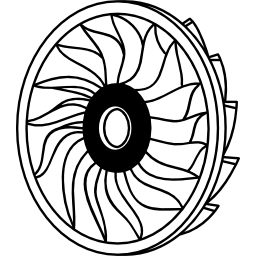Globe Valve
A globe valve is a linear motion valve that uses a globe-shaped disc to stop, start, or regulate flow in pipelines. The movable disc, also referred to as a plug, can be closed against a stationary ring seat to constrict flow. To control disc movement, manually operated globe valves rely on handwheels, while automatic globe valves use actuators and sliding shafts.
Globe valves tend to be more leak-proof than other valves and provide a shorter opening-closing time. These general-purpose valves are primarily used for shut-off and regulation in high-temperature applications such as wastewater plants, process plants, and food processing plants.





































